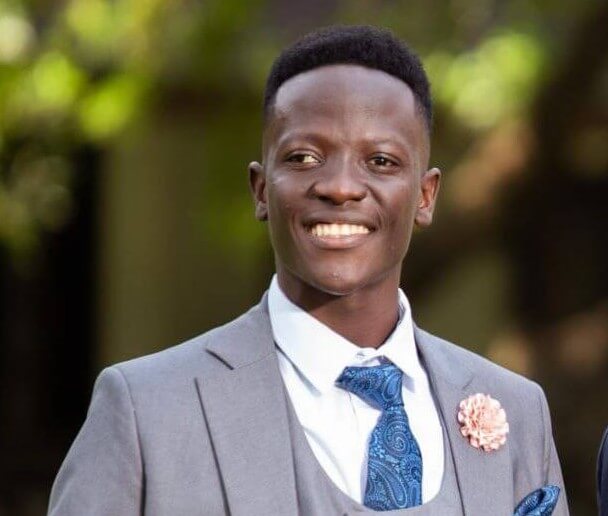Dyhia Belhabib, the marine scientist compelled to fight against illegal fishing by her childhood experiences of war and ecosystem collapse in her home country, has created the world’s first system to prevent illegal fishing. Belhabib’s path—a youth who lived through the ravaging of the environment and reached the jaws of marine conservation—shows that she is resilient and committed to environmental conservation and stewardship.
Dyhia Belhabib’s journey in marine sciences
Being an Algerian in the nineties in northern Algeria, where the civil war was at its bitterest, Belhabib’s contact with the ocean was either through the TV screen, with moments of despair or rarely any good feeling attached to them. Yet, an accidental meeting with her brother’s best friend stirred up an avid interest in the marine sciences, and this is how she realized that she wanted to get a degree from the National Institute of Marine Sciences and Coastal Management in the beautiful city of Algiers.
Despite all these negative notions of society and the difficulties of being a girl in a male-dominated program, Belhabib shined academically and secured the best score on her graduation day. Born with a passion for marine conservation and unshakable perseverance, she was Belhabib’s savior through the toughest throwbacks of the overseas universities she applied.
It was then that her fortunes changed when she had a meeting with Daniel Pauly, a leading fish scientist who was already famous, and he took her under his supervision. Shaken by Balthabib’s fluent speech, he put his heart out and took her under his wings as his pupil to help her overcome her language obstructions. He went into her research on illegal fishing and uncovered its alarming importance to the international market.
Revolutionizing Marine Conservation with Belhabib’s Innovative Technology Initiative
Research conducted by the fish conservationists was not only limited to exposing the magnitude of illegal fishing but also began looking for innovative ways to resolve the situation. By using her position as an African public health professional and making connections, she conducted impactful data-sharing deals among the key players.
She gained the attention of global media outlets such as the New York Times. Belhabib’s ability to bring together previously divided interest groups and build up support have been key factors for marine conservation efforts in regions that have an issue caused by illegal fishing activities.
Applying her research outputs, Belhabib led the innovators who set up the technology system that targets illegal fishing. Her breakthrough strategy technique, implemented with technology supported by satellite monitoring, artificial intelligence, and data analytics, helps detect and exclude vessels used for illegal fishing operations.
Charting a Sustainable Future Dyhia Belhabib’s Leadership
Using cutting-edge technology means the initiative has the potential to improve surveillance capabilities, which in turn leads to more effective enforcement practices. Hence, it protects biodiversity and coastal ecosystems from mankind’s adverse impacts. Marine protection is not a matter of luxury; it holds the key to creating marine conservation that is vital to sustainable development in the long run.
As Dyhia Belhabib boldly takes the stage in preserving ocean conservation through innovation and advocacy, her action becomes a guiding light as the opponents find the ultimate battle. Belhabib established a technological breakthrough in her work, and she is an irreplaceable part of the environmental process that aims to favor the ecosystems on our oceans, which supports generations of communities.
The outstanding transformation of Dyhia Belhabib from youth to at-the-forefront role in marine conservation proves that when passion and perseverance are in place, nothing can do anything but transform.
She is embodied by nothing short of her groundbreaking discoveries and creative solutions, as she is behind the change in illegal fishing and the destruction of the environment. She keeps on shining example because of her efforts; consequently, the future of marine conservation looks more promising than it ever was in the past.





